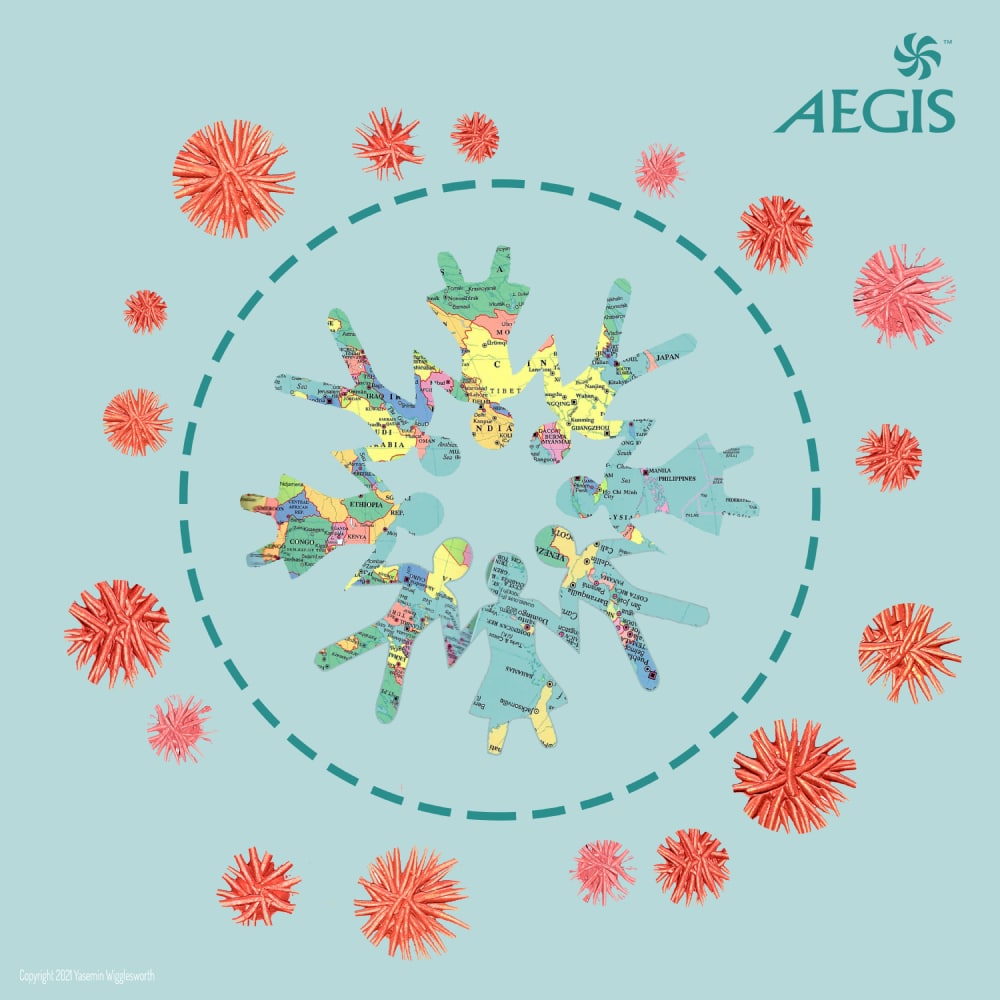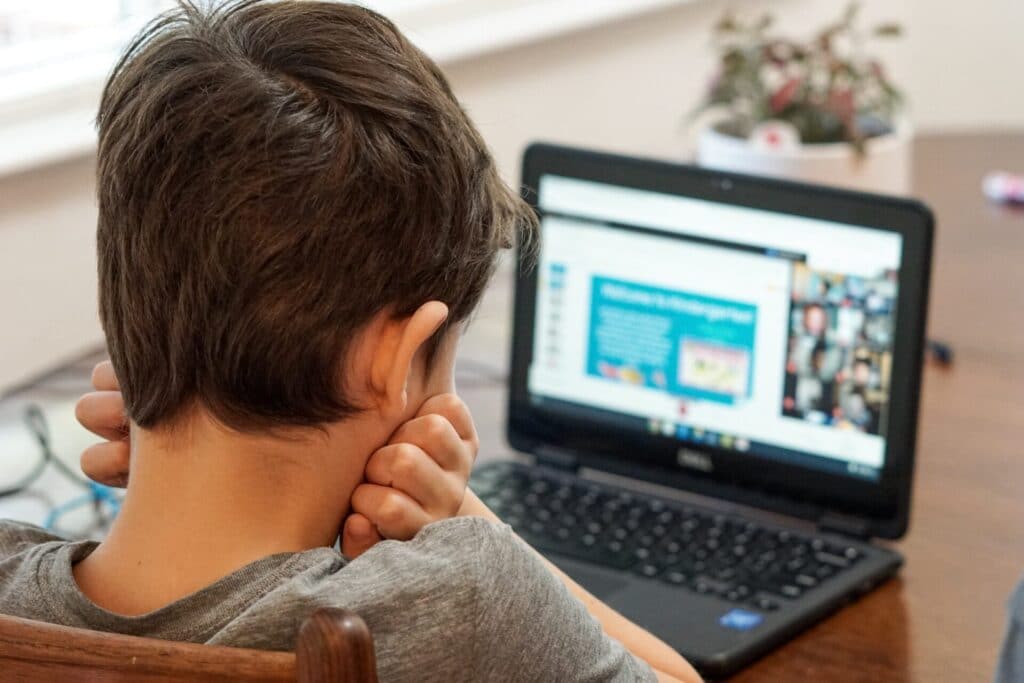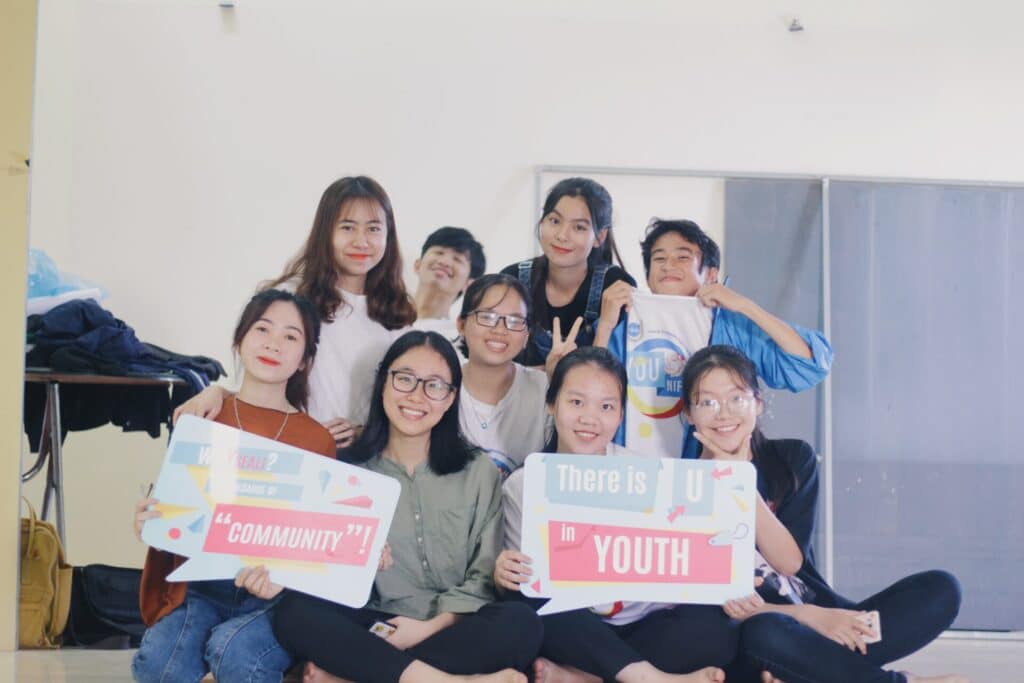 Go back
Go backGuardianship, collaboration and challenges in focus at AEGIS event – by Matthew Knott, News Editor of StudyTravel
Matthew Knott, News Editor at StudyTravel kindly covered our event last Wednesday where we brought schools and guardians together to discuss Covid and the challenges of the past year. Read Matthew’s full article below.
Greater acceptance of the need for guardianship and closer collaboration are two positives to come out of the Covid-19 pandemic, delegates heard this week at a special AEGIS event, which also focused on challenges for students and mental health issues.
The Guardians, Schools & Covid seminar was hosted by the Association for the Education and Guardianship of International Students ( AEGIS ), which accredits guardianship organisations in the UK, and welcomed delegates from agencies, schools and guardianship providers.

Panellists agreed that the Covid-19 pandemic and the various travel restrictions, lockdowns and short-notice changes had highlighted the importance of guardianships for international boarding students.
Richard Pineo, Head of Boarding at Woodbridge School , said that there had definitely been more acceptance of the need for guardianship. He said resistance usually comes from the parents of short-term European students, but this year was very different and that there were lots of questions about guardianship.
Ann Lane, Owner and Director of Heritage Educational Planning – an AEGIS Gold Standard guardianship provider – said that it was in schools’ best interests to use accredited guardianship organisations and to have good relationships with guardians, adding that Covid had brought that to the fore more than anything she could remember.
On the comment chat during the panel discussion, Alice Phillips, Head at St Catherine’s School, Bramley, agreed that families have definitely become more accepting of the requirement of a guardian in the last year.
Caroline Ralph, Head of Pastoral Care at Cheltenham Ladies’ College, made reference to the forthcoming update to National Minimum Standards for Boarding, which is due to be released soon. “The importance of the relationship [between schools and guardianship providers] will only become ever-more strengthened,” she said.

More broadly, Richard Cullum, Strategy and General Manager at Quest Guardians, another AEGIS Gold Standard accredited organisation, spoke on the importance of collaboration in the sector, and added that guardianship is now being discussed much earlier in the consultation process by agents and parents.
Commenting on the role of host families, he said that once hosts had understood procedures and policies during the pandemic there was more understanding between host and students “and that has been a real positive”. He added that it was important for guardianship providers to be in constant dialogue with host families.
The panel discussed issues that international boarding students have faced during the pandemic.
Caroline said, in line with national statistics, that they have seen a rise in students struggling with mental health issues, some with concerns around Covid, some with concerns around exams and assessments, and others with the pressures of living back at home and not seeing their friends. She added that the school was lucky to have a great support team of counsellors to assist students.

With some students remaining overseas, digital assessment in a non-exam year will be a challenge for schools and students to ensure the reliability of results, Caroline also said.
Ann highlighted that Heritage Educational Planning always regards international students as “vulnerable” from the outset. She said that this increase in anxiety from students has mostly been observed from exam-year students, but added that the vast majority of students have returned to school and are happy to be back.
Panellists agreed there have been issues for international students who have been learning remotely, both practical – problems with platforms, wifi and time zones – and emotional, including through missing their boarding community. Richard Cullum commented that some schools have done a good job of providing non-academic content online, but others have missed out on this opportunity.

Richard Pineo said it has been interesting meeting with parents and agents in recent weeks and hearing how important mental health issues and support have become, and that this is now at the forefront of questioning.
Looking ahead, Caroline said she believed parents will “want to be even more certain that it is worth the effort” to overcome the challenges of sending their children overseas, and be more certain that in doing so they will be safe with students receive the holistic education that schools are so proud of.
Ann urged that there are a number of cultural lessons to be learned from the pandemic, and said that it is important to understand how the UK response is viewed around the world, to get a positive message across, and to provide content and guidance which is written with international parents in mind.

Looking ahead to the 2021/22 academic year, Richard Cullum said there were positive signs, especially with the vaccine rollout, and Richard Pineo commented that there was a huge upsurge in interest when the UK hit 25 million vaccinations, with “agents keen to get back involved”.
Ann expected numbers to be down, but not as badly as first feared and said there may be more interest from Europe. Meanwhile, Caroline said that Cheltenham Ladies’ College was looking at their largest enrolment for several years.
Click here to read more about AEGIS, its accreditation schemes and events.
By Matthew Knott
News Editor, StudyTravel

